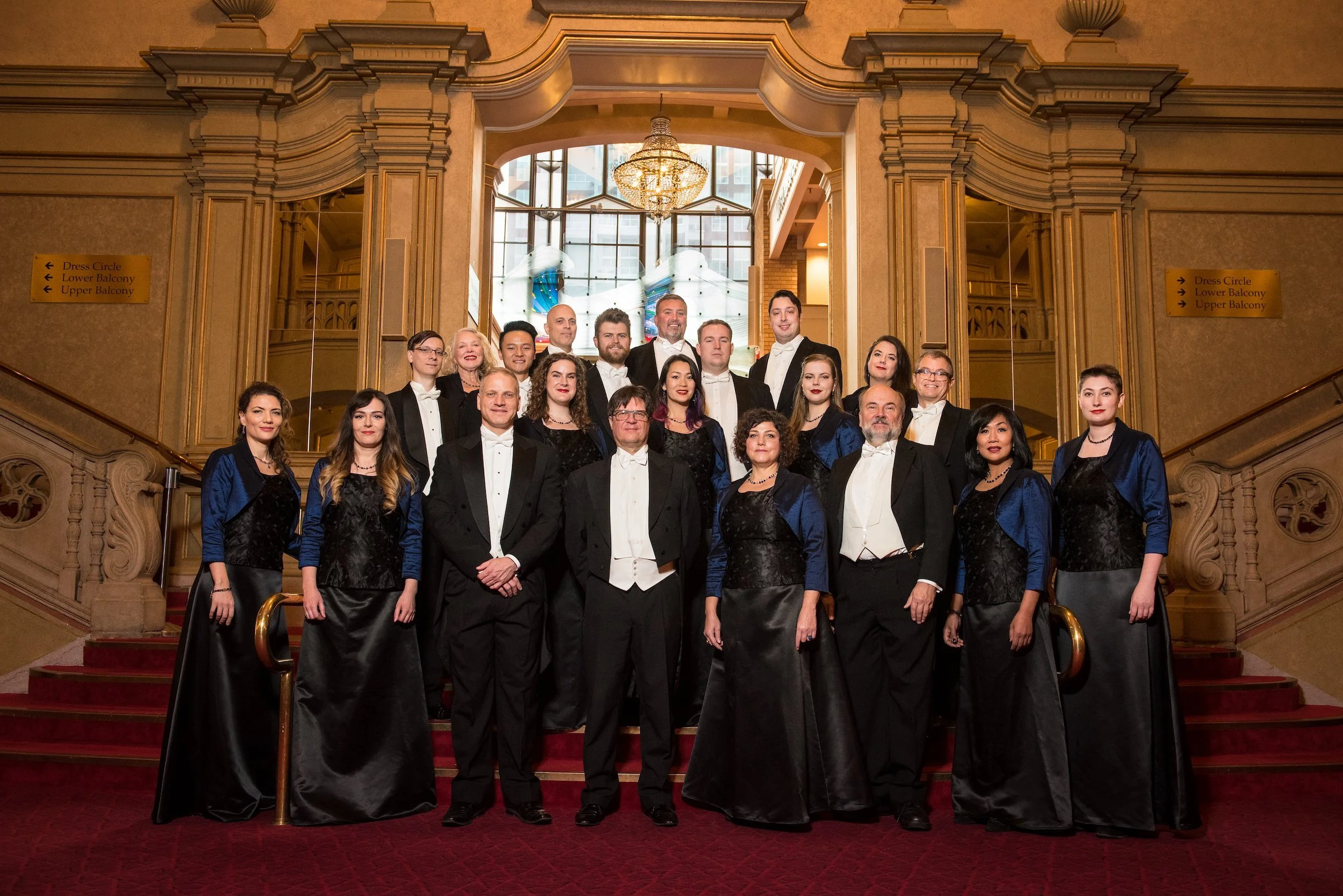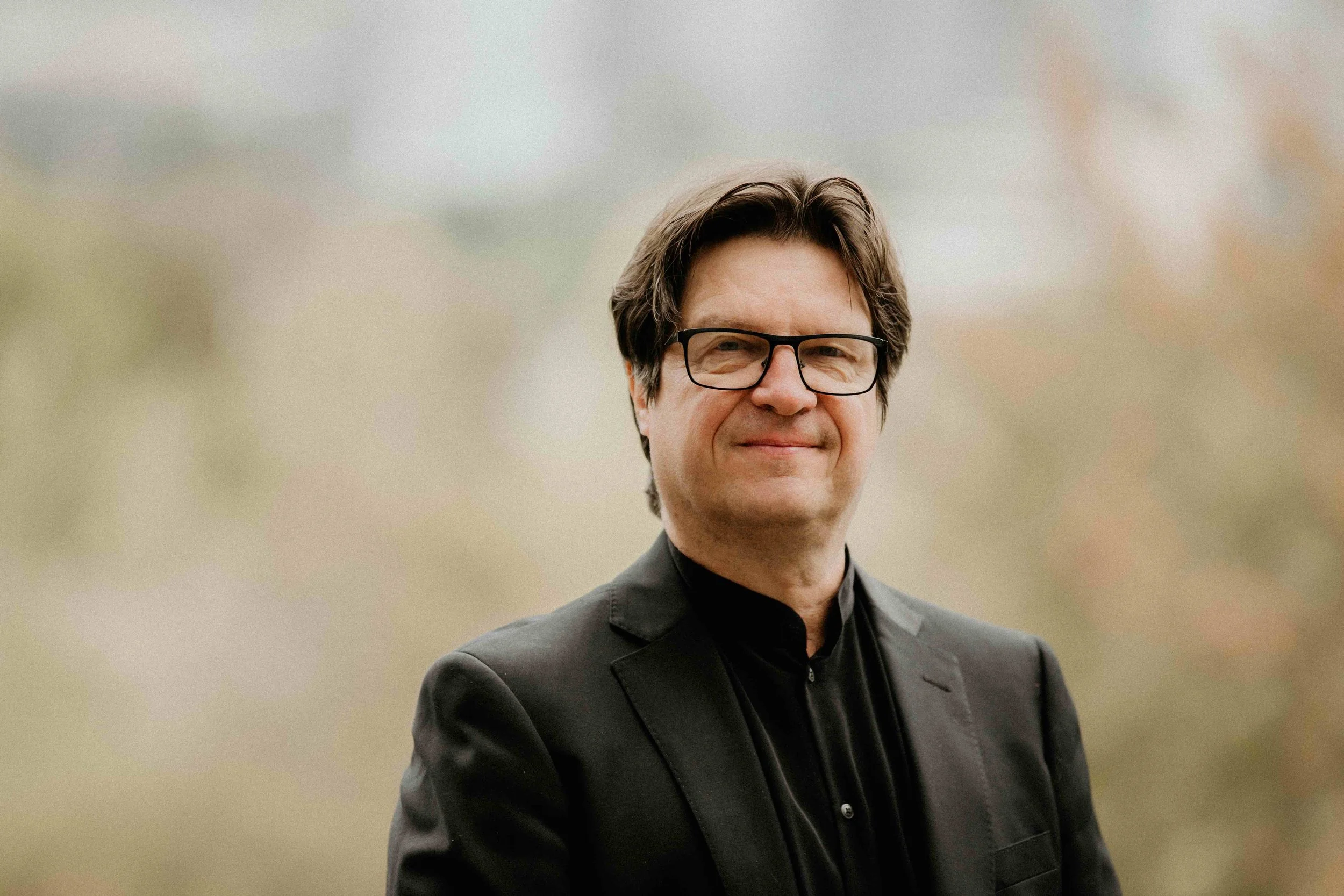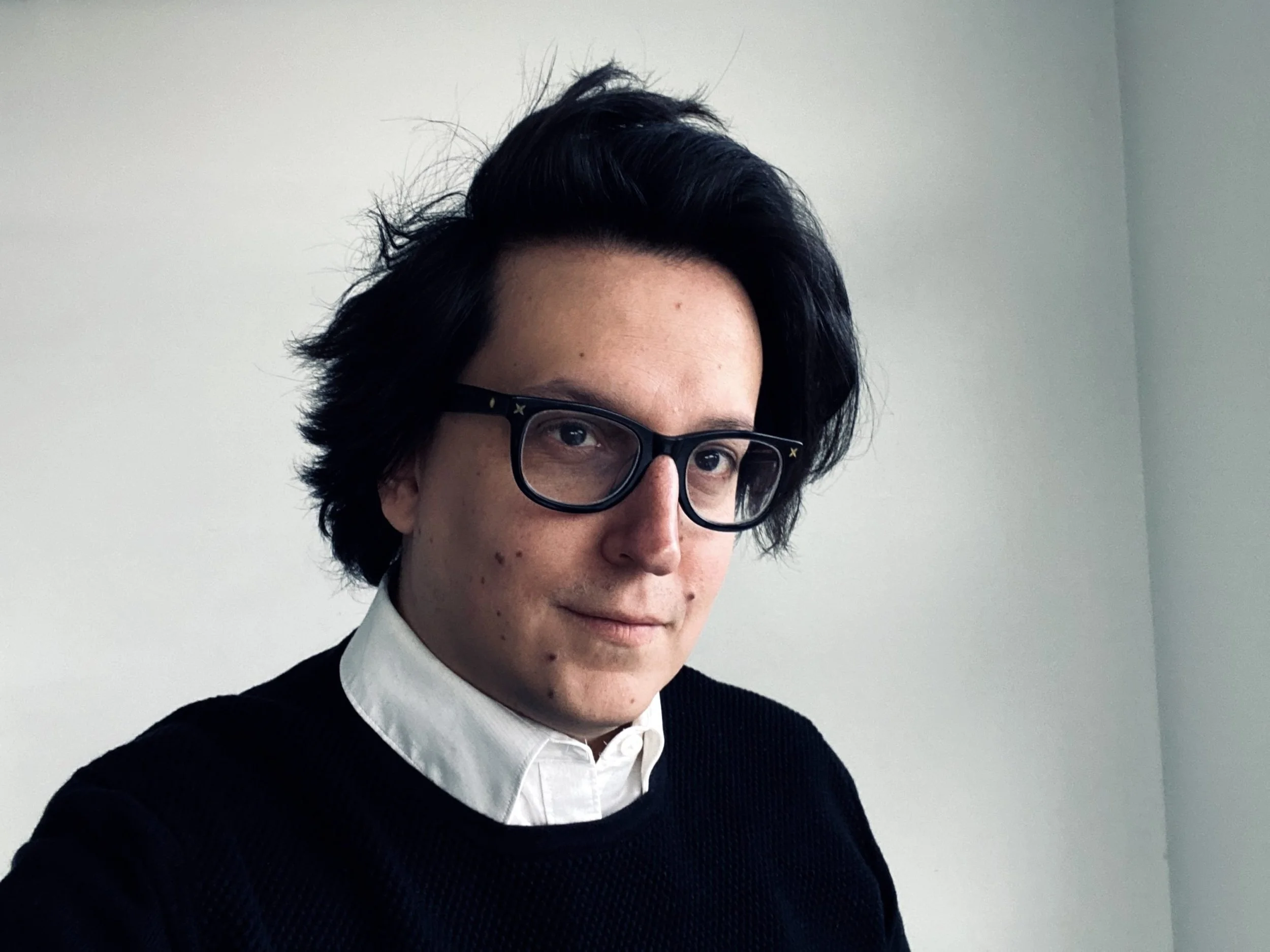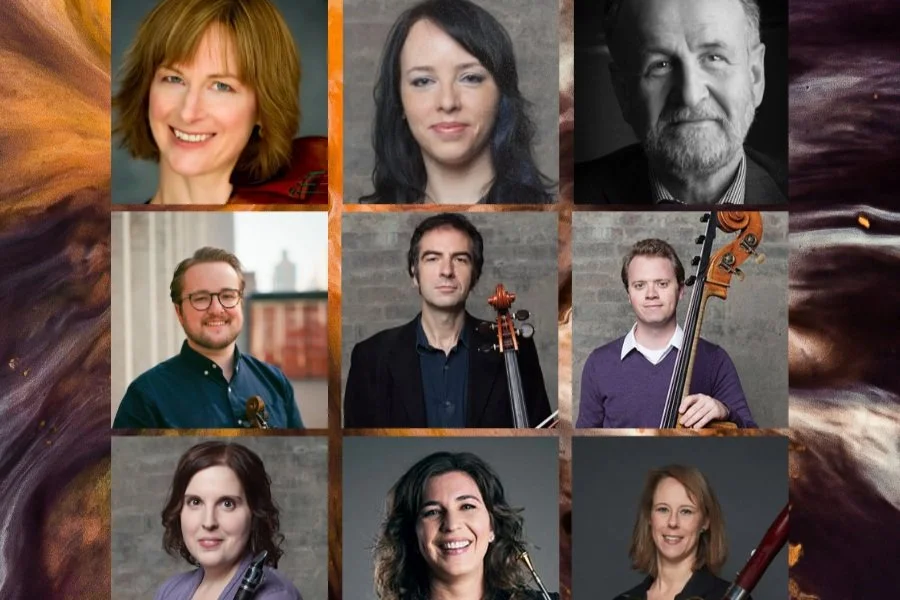Vancouver Chamber Choir focuses on hope in War & Peace concert
Program features aspiring artists from VCC’s Conductors’ Symposium
Vancouver Chamber Choir.
Vancouver Chamber Choir presents War & Peace on February 16 at 7:30 pm at Pacific Spirit United Church
LOOKING AT THE theme of Vancouver Chamber Choir’s upcoming concert, War & Peace, you might assume it was programmed in response to recent events. In fact, artistic director Kari Turunen planned the show well before war broke out in the Ukraine. With conflict also ongoing in the Gaza Strip, the performance is more timely than ever.
“It just sadly seems that we time after time find some part of the world at war, even though it is difficult to see the sense in this,” Turunen says in an interview with Stir. “As art always in some manner reflects reality, it is not surprising that there is a great deal of wonderful choral music about war and peace. I wanted to present some of this music, and hopefully peace and hope come out victorious at least in this concert.”
War & Peace also features six young artists who are part of VCC’s Conductors’ Symposium, an annual master class in which selected individuals work with the ensemble for an intense week, culminating in a concert. This year, two dozen people applied; most of the ones who were chosen to participate are either doctoral or master’s students, hailing from across Canada, Hong Kong, the U.S., Ireland, and Finland. For audiences, witnessing so many different conductors is a rare treat.
“The focus is more on working with a professional choir than being taught how to conduct certain works,” Turunen says. “I think that the main teacher is actually the choir and my role is more that of a mentor and encourager. I naturally step in to help when needed but ideally it is all about the participants working out how to best work with professional singers.
“The really special element in this concert is that the audience is going to encounter seven different conductors—the participants and me—and it is always incredibly interesting to compare the gestures, energy, and personality of each conductor,” he adds. “Even the sound of the choir changes with each conductor, which still feels like something of a miracle to me.”
The concert program features nearly a dozen works, including Rudolf Mauersberger’s motet, “Wie liegt die Stadt so wüst (How does the city lie do desolate)”. It was written in response to the bombing of Dresden in 1945. Mauersberger was the cantor of the Kreuzkirche in Dresden from 1930 to 1971, Turunen explains. He lost not only his church but also a dozen boys from his choir.
“This motet, full of a withheld sorrow, was first performed in the ruins of the church immediately after the war in August 1945,” Turunen says.
The lyrics of Don Macdonald’s “Pacem” consist of seven sentences about war and peace in Latin. The strongest of these is “war is the poison of the world”. “The music holds the audience in its grip all the way to an expansive ending,” Turunen says.
Francis Poulenc composed his cycle “Un soir de neige” to poems by his contemporary Paul Éluard during the German occupation of France in 1944. “The work is an act of defiance in the face of oppression, and even though Éluard’s poems are surrealistic in essence, the oppression and occupation is not difficult to hear in the music, nor is the defiance,” Turunen says.
The most famous of all choral works about war and peace is Arnold Schönberg’s “Friede auf Erden (Peace on earth)”.
“It was composed by 1908 to a poem by Conrad Ferdinand Meyer from 1886 and is the last of the composers works that still uses a somewhat tonal language,” Turunen says. “Despite this, the work was considered to be almost impossibly difficult and it still tests even the best choirs. Meyer’s poem is optimistic and paints an inevitable progression from the destruction of war to lasting peace. After the horrors of World War I, Schönberg confessed that he could not write such an optimistic work anymore. I feel we are fortunate to have that optimism to turn to in our dark hours.
“I think everyone is going to leave any concert with different experiences, emphases, and favourite works,” Turunen adds.














